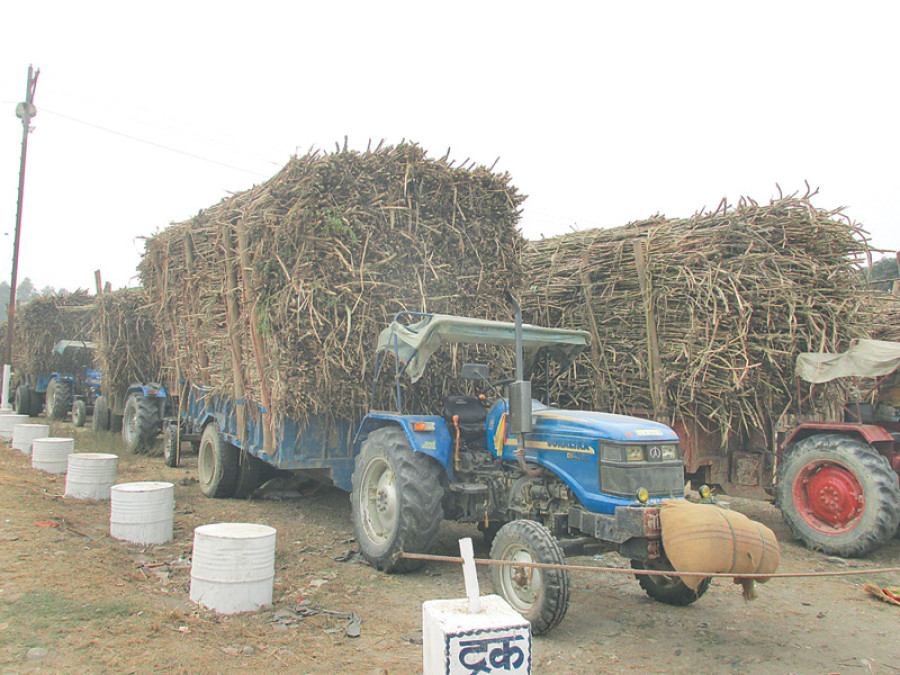Money
VAT incentive benefiting sugar mills more: Farmers
The government has given priority to sugarcane farming considering its commercial importance.
Aman Koirala
The government has given priority to sugarcane farming considering its commercial importance.
In January 2011, the government had agreed to waive 70 percent of the VAT imposed on sugar products. In return, sugar producers will provide the waived VAT amount to the farmers.
Now, the waived VAT amount has been increased to 90 percent. The incentive has encouraged farmers to plant sugarcane instead of switching to other crops.
However, some farmers have complained the government has been favouring sugar mills. “The government should make sugar mills liable to pay an appropriate price to farmers instead of providing incentives from the VAT,” said Kamal Budhathoki, a local sugarcane farmer. “The amount generated from the VAT can be invested on development work.”
Kapil Muni Mainali, president of Sugarcane Producers Federation, suspected foul play by political parties. He said by doing so, the financial burden for the mills has been reduced.
While sugarcane producers demand a price hike, sugar producers are normally reluctant to pay what the farmers demand. So to settle the issue, the government has been waiving VAT on sugar.
Besides the incentives, the government also sets support price of sugarcane.
It has been a tradition for sugarcane growers and sugar mills to engage in a bitter confrontation over the floor price during harvest time. In previous years, the government did not set sugarcane prices and factories and farmers were told to sort things out themselves, and this provision had led to tensions flaring up every year.
The cane price used to be determined in Nepal based on the price offered by Indian mills.
However, since last fiscal year, the government has been determining the floor price of sugarcane. Last year, the Cabinet had directed the Ministry of Industry to set the minimum support price of sugarcane after demonstrations by farmers raged across the Tarai. Now, farmers do not need to worry about the price and it has encouraged them to expand their farm. Once it is planted, farmers can harvest them for three consecutive years.
Sarlahi has potential for vegetable, mango, corn and paddy farming. However, their prices remain highly volatile. But sugarcane is an exception. This year, the government has fixed Rs531.20 per quintal for sugarcane.




 9.7°C Kathmandu
9.7°C Kathmandu















